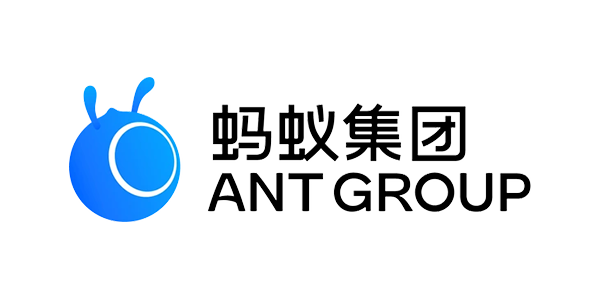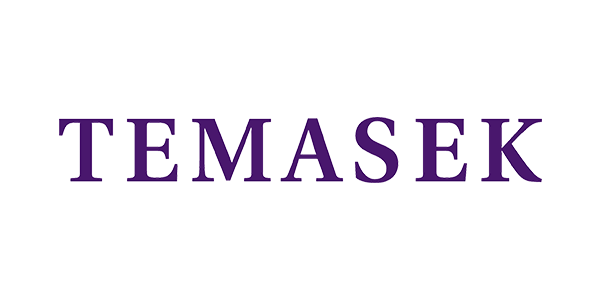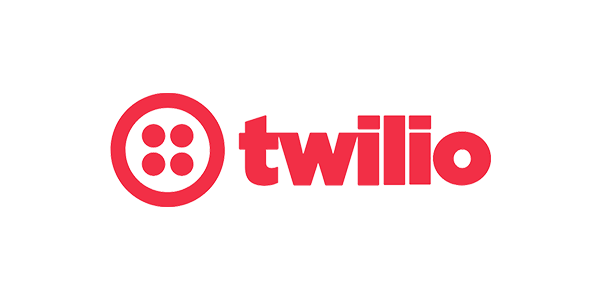- Premium Content It takes our newsroom weeks - if not months - to investigate and produce stories for our premium content. You can’t find them anywhere else.
Full-stack insurtech is taking over SEA
Insurtech startups are often hailed for their capacity to launch apps and develop tech without the hefty balance sheets of traditional insurers.
Some insurtech companies design marketplaces to sell insurance products, while others offer algorithms to traditional insurers to improve risk profiling. They can both these things without an insurance carrier license.
But investor appetite seems to be swinging in another direction. Constrained by their limited ability to create new insurance products and conduct underwriting, many insurtech startups find it difficult to challenge traditional players. The insurtech industry is also plagued by financial advisors’ high turnover rates.
For now, the tide is in favor of full-stack insurtech that can do it all: assume the risk of insuring customers, create insurance products and the apps to distribute them, use the latest tech, and protect themselves through reinsurance.
To be a full-stack insurtech firm, they need the expertise for underwriting (assessing the risk of insuring a customer), the cash to fulfill claims, the appropriate background, and the track record to convince regulators to grant them a license in the first place.
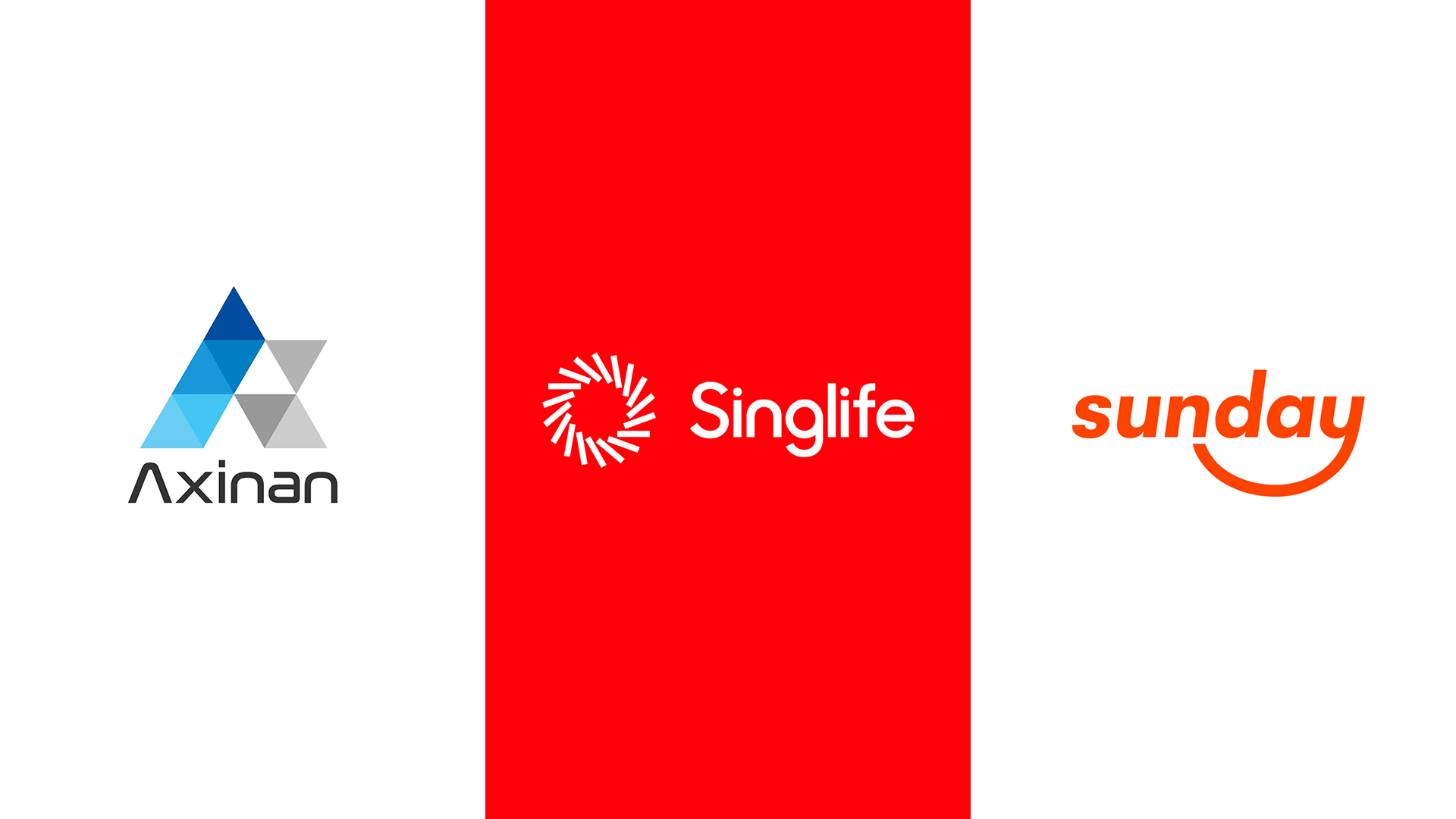
Image credit: Timmy Loen
Excluding traditional players with their own insurtech arms, three such startups currently exist in Southeast Asia: Axinan, Singlife, and Sunday.
Sunday, a Thailand-based insurtech, raised an oversubscribed US$45 million series B round in September from investors like Tencent, Vertex Holdings, and SCB 10X, the venture capital arm of Siam Commercial Bank. This brought Sunday’s total funding so far to US$75 million.
Running a full-stack insurtech firm is no easy feat, but the experience and abilities of the four-year-old company’s founding team could calm investors’ hesitance.
“The team must have the sophistication to appreciate not just merely the product, but also the risk that’s attached to it. [Sunday’s team] has that depth,” Carmen Yuen, a partner at Vertex Ventures SE Asia & India, tells Tech in Asia. She adds that the team also has “a good blend of tech and vertical knowledge.”
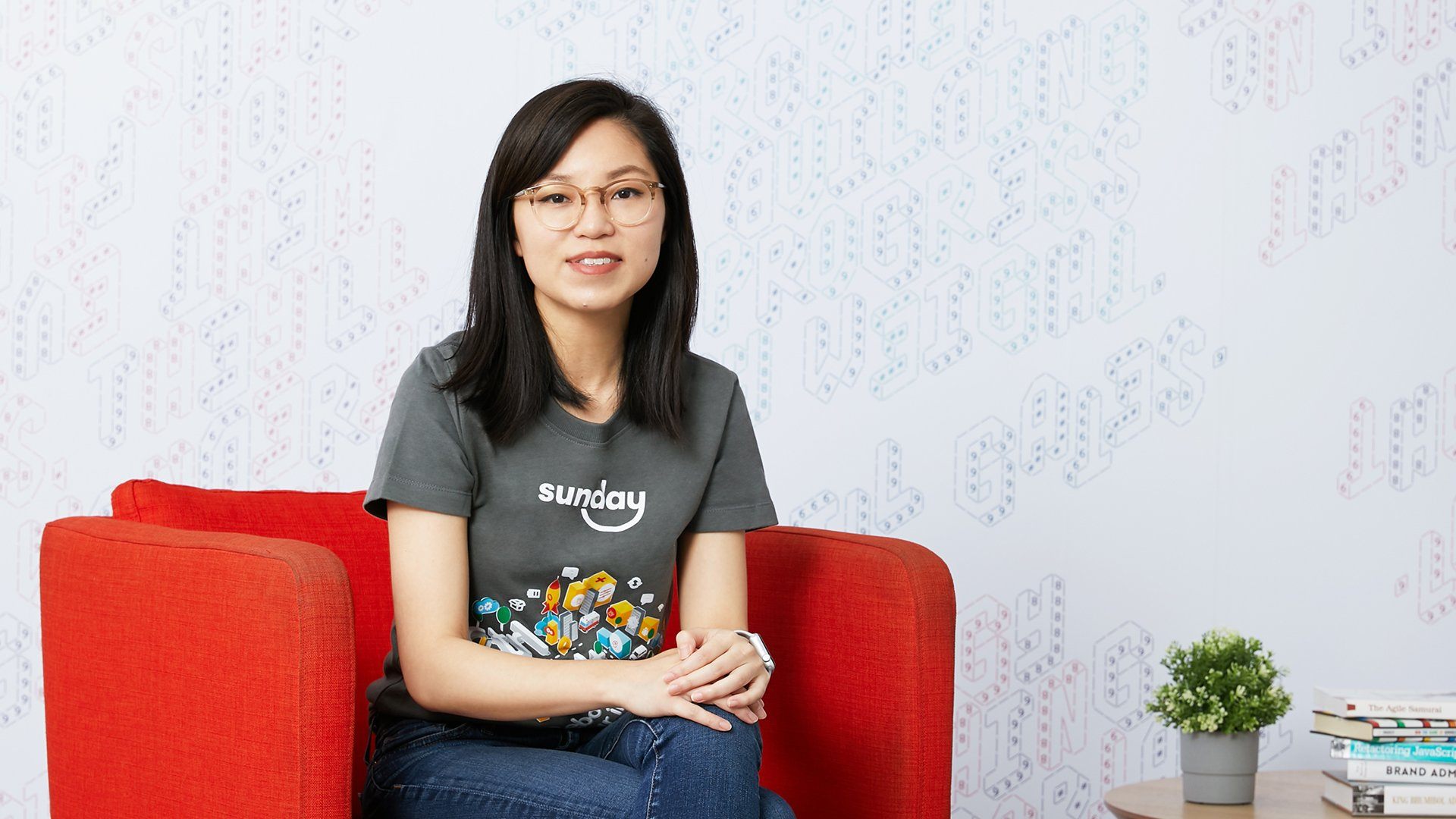
Sunday CEO Cindy Kua / Photo credit: Sunday
Such in-depth understanding of the space comes from Sunday’s roots in the traditional insurance sector. Cindy Kua, Sunday’s CEO and co-founder, used to be the CEO of KSK Insurance’s Bangkok arm, which was established by KSK Group, a Malaysian investment holding company and a general insurer with a presence across Southeast Asia. The Kuala Lumpur-based firm was founded in 1991 by Kua Sian Kooi, Cindy Kua’s father.
A lawyer by training, she joined the family’s Malaysian business in 2014 and moved to Thailand in 2015 to lead KSK Insurance (Thailand), with a focus on digital transformation. That’s when the seed of the idea for Sunday was planted, and the startup was launched in 2017.
